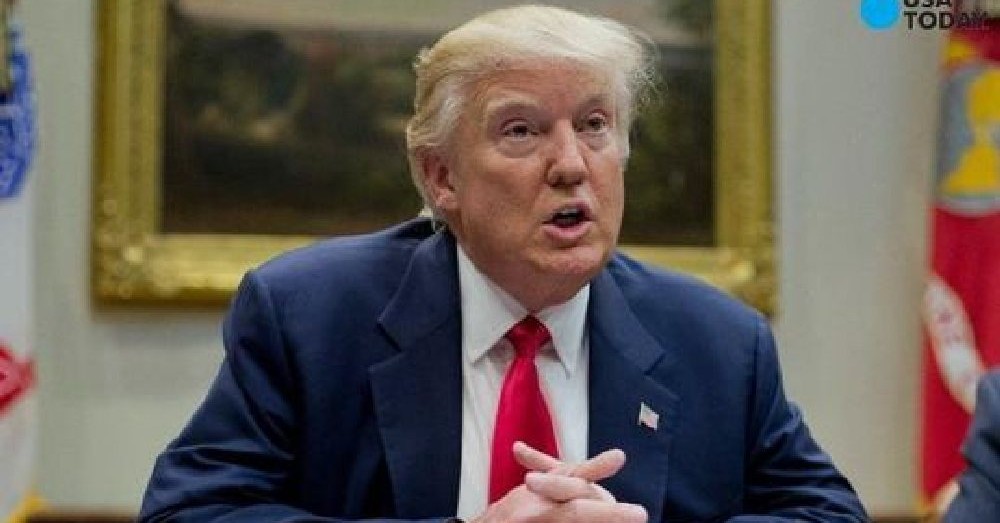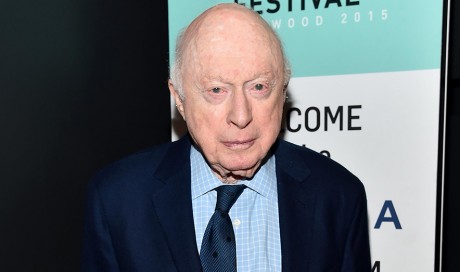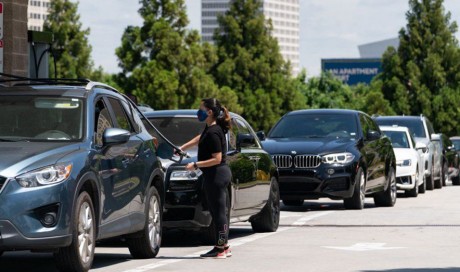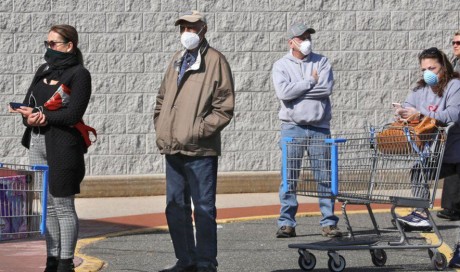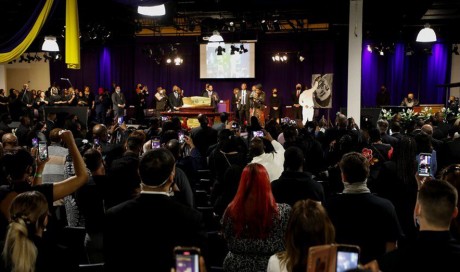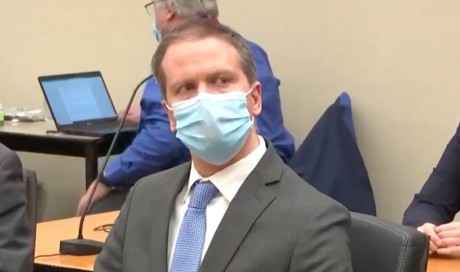President Trump took a second swing at his temporary travel ban Monday, this time targeting travelers from six majority-Muslim countries and crafting his executive order in ways intended to survive challenges in U.S. courts.
The new ban, which goes into effect March 16, no longer restricts travel from Iraq, one of seven listed in the original order. The 90-day ban now is limited to Iran, Libya, Somalia, Syria, Sudan and Yemen.
As before, the order shuts down the U.S. refugee program for 120 days to give the federal government time to develop "extreme vetting" procedures to prevent terrorists from entering the country. However, Syrians are no longer subject to an indefinite ban, as they were under the first order.
The White House spent weeks drafting the revised ban, coordinating with the departments of State, Justice and Homeland Security to avoid the chaos that followed the Jan. 27 order. That one took immediate, snarling travel for thousands of people around the world and at U.S. airports. This time, federal agencies will have 10 days to prepare before the order goes into effect.
Trump signed his first order during a highly-publicized signing ceremony at the Pentagon. This time, he signed the order in private and sent out Secretary of State Rex Tillerson, Attorney General Jeff Sessions and Homeland Security Secretary John Kelly to issue brief statements.
"It is the president’s solemn duty to protect the American people, and with this order, President Trump is exercising his rightful authority to keep our people safe," Tillerson said. "As threats to our security continue to evolve and change, common sense dictates that we continually reevaluate and reassess the systems we rely upon to protect our country."
The Department of Justice also filed a letter with the 9th U.S. Circuit Court of Appeals on Monday, explaining that Trump's new order "revokes" the first one. That means the 9th Circuit may now drop the case against the first ban, leaving Justice to focus on defending expected legal challenges against the new ban.
While the goal of the executive order remains the same — keeping terrorists out — the administration made several other big changes to avoid being struck down in court.
Nationals of the six countries with legal permanent residence in the U.S. (known as green card holders) are not affected. People with valid visas as of Monday also are exempt. And the order no longer gives immigration preference to "religious minorities," such as Christians who claim they are persecuted in mostly Muslim countries.
Iraq was dropped from the ban after negotiations with the Iraqi government, which vowed to improve the security of its travel documents, share more information on its citizens with the U.S. government and agreed to accept Iraqi nationals who have been ordered deported from the U.S., according to a senior Homeland Security official, who spoke on condition of anonymity to fully discuss the new order ahead of the president's signing.
A federal judge in Seattle issued a nationwide hold on the order after lawyers for travelers detained at U.S. airports filed lawsuits. His ruling was upheld by the 9th U.S. Circuit Court of Appeals.
Federal judges who blocked Trump’s first executive order cited the lack of a national security justification throughout their opinions. The 9th Circuit Court of Appeals, in particular, pressed government lawyers to provide any examples of terrorist acts committed by immigrants from the banned countries to justify the ban.
The government lawyers could not provide any examples then, but Monday’s new executive order tries to fix that.
The new order explains the extensive ties that each of the six countries have with terrorist organizations, from Iran’s support of terrorist groups Hezbollah and Hamas to ISIS activities in Libya to an al-Qaeda offshoot operating in Yemen. The summaries also highlight the active combat ongoing in Syria and Libya to make the case that immigrants from those countries cannot be properly vetted.
“In light of the conditions in these six countries ... the risk of erroneously permitting entry of a national of one of these countries who intends to commit terrorist acts or otherwise harm the national security of the United States is unacceptably high,” the order read.
But the order provides few details about terrorist acts that refugees and immigrants from those countries carried out in the U.S. It mentions the arrest of a Yemeni man who was convicted in 2014 of planning a Christmas-time bombing in Portland. But it also mentions the arrest of two Iraqi refugees convicted of “terrorism-related offenses” even though Iraq is no longer included by the executive order.
The order sums up the danger posed by immigrants from those countries by citing an estimate by the FBI, which states that 300 people who entered the U.S. as refugees are currently being investigated by the bureau on suspicion of terrorism. But a Department of Justice official who briefed reporters earlier in the day could not estimate how many of those refugees were admitted from the six countries listed in the ban.
Civil rights and immigration advocacy groups vowed to challenge Trump's order in court, arguing that the tweaks made by the White House don't change the underlying problems facing the travel ban.
Margaret Huang, executive director of Amnesty International USA, said the new order amounts to "the same hate and fear with new packaging." And Omar Jadwat, director of the ACLU’s Immigrants’ Rights Project, said the only way to fix the "Muslim ban" is to not have one at all.
Share This Post

